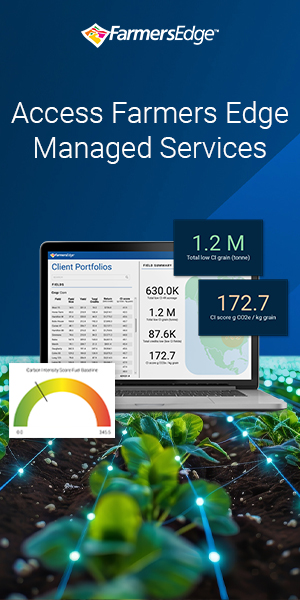This week, the Canadian government released its long-awaited budget for 2021. Not surprisingly, it has received a lot of attention from media and pundits of every political stripe. But while most of the attention has been on high-profile items like the vacant home tax, the minimum wage, and extended COVID-19 benefits, the 724-page document includes thousands of items that are receiving little fanfare. These include several policies that directly and indirectly affect the Canadian agriculture industry, including $270 million in funding over two years to help farmers transition to climate-friendly practices. More than two-thirds of those funds are earmarked to support farmers transitioning to better nitrogen fertilizer and livestock management practices. The remainder is slated to help farmers power their farms with clean energy, and to protect trees and wetlands on arable land.
Our friends at Fertilizer Canada, a national organization dedicated to supporting the agriculture industry, highlighted some of the key takeaways from the budget that farmers need to know about:
- The government intends to return a portion of the proceeds from the price on pollution directly to farmers in backstop jurisdictions (currently Alberta, Saskatchewan, Manitoba, and Ontario), beginning in 2021-22. It is estimated farmers would receive $100 million in the first year. Returns in future years will be based on proceeds from the price on pollution collected in the prior fiscal year and are expected to increase as the price on pollution rises. Further details will be announced later in 2021 by the Minister of Finance.
- Budget 2021 also proposes to ensure the recently expanded $165.5 million Agricultural Clean Technology program will prioritize $50 million for the purchase of more efficient grain dryers for farmers across Canada.
- The budget will provide $57.6 million in 2021-22 to extend the Mandatory Isolation Support for Temporary Foreign Workers Program to help employers offset costs associated with temporary foreign workers fulfilling isolation requirements upon entering Canada. Support of up to $1,500 per worker would be provided to employers until June 15, 2021 for costs of the 14-day isolation period. If workers are required to quarantine at a government approved facility, due to a lack of suitable facilities at their employers’ facilities, employers can receive up to $2,000 per worker for costs associated with mandatory isolation requirements.
- Budget 2021 proposes to provide $960 million over three years, beginning in 2021-22, to Employment and Social Development Canada for a new Sectoral Workforce Solutions Program. Working primarily with sector associations and employers, funding would help design and deliver training that is relevant to the needs of businesses, especially small and medium-sized businesses, and to their employees. This funding would also help businesses recruit and retain a diverse and inclusive workforce.
Of course, there are literally hundreds of other items in the budget that will peripherally or directly affect the agriculture industry, ranging from changes in the tax code to changes in laws that govern transportation. We will keep a close eye on these and develop products and programs that top Canadian farmers maximize their revenues and reduce the risks based on information contained in the 2021 budget. For more information about how Farmers Edge can help you, please contact Info@FarmersEdge.ca.


